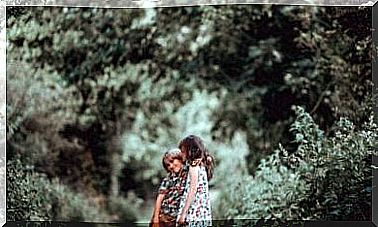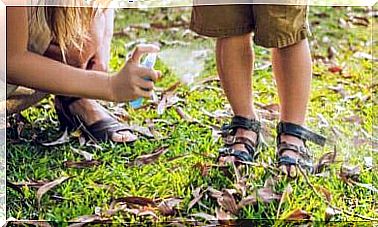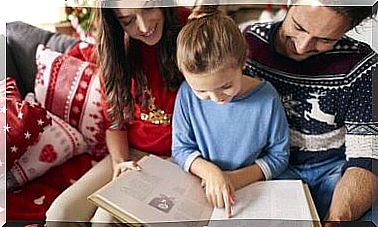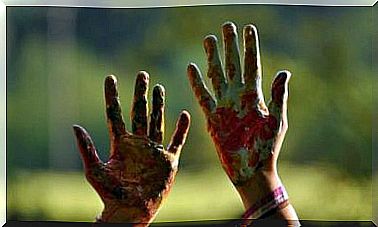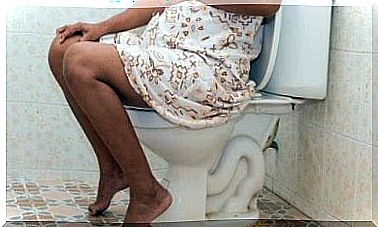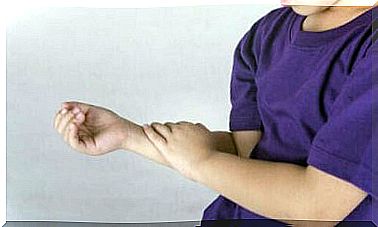Theater In The Children’s Classroom – Being Parents
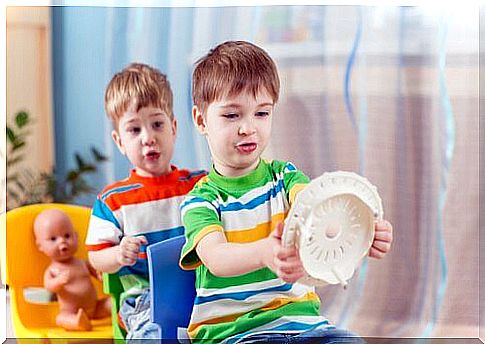
Theater in the classroom is one of the most valuable resources we can find in educating children around the world. In addition, it is a tool to educate in a fun and fun way. If we can use it in the classroom, we will be working on many abilities. Thus, children will discover a world of expressiveness and creativity.
In his book Teatro infantil en Espana: un reto (Children’s theater in Spain: a challenge), Fernando Almena recalls that children’s theater and directing are two terms sometimes separate. Despite this, there is a unique and universal concept that is children’s theater.
Dramatic play is a natural part of most children’s pre-school or early childhood lives, in the form of fun play. Indeed, it allows them to make sense of their own identity by exploring important fictional situations with structures parallel to the real world.
How to define theater in the classroom?
When we talk about theater in the education of children, we can talk about plays where children take on the roles of main and secondary characters. But we can also talk about plays designed and written for children.
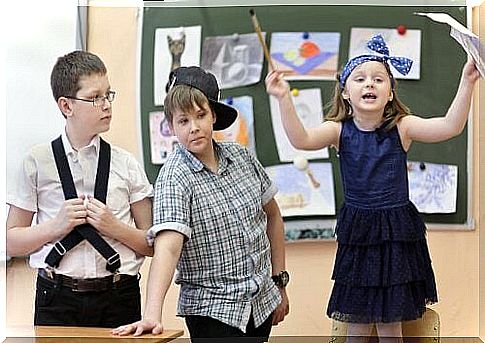
In this case, when in this article we will talk about theater in the classroom, we will be referring to the theater performed by children. Indeed, most of the time the pieces were created especially for them. In addition, they are always guided and supported with the help of their teachers.
Armonía Rodríguez Lázaro, Spanish novelist and screenwriter, recalls that theater in the classroom must always have certain characteristics in common:
- It is practiced in the children’s classroom
- All children must participate in the staging
- The child is the character, the actor
- Improvisation is the basis of the activity
- The teacher will guide and encourage the creativity of the students
- Play is fundamental to the free expression of the child
- The texts will be non-theatrical
- Music, dance and plastic art are complementary elements when we think of creation
The skills that theater helps develop
Children love to move around and interact with others. In the theater, that’s exactly what we ask them to do. They don’t sit still and listen. Through the theater in the classroom, they will be encouraged to move, talk to and respond to each other.
These dramatized activities will help them develop fundamental skills such as creativity, research, communication, empathy, self-confidence, cooperation, leadership and negotiation.
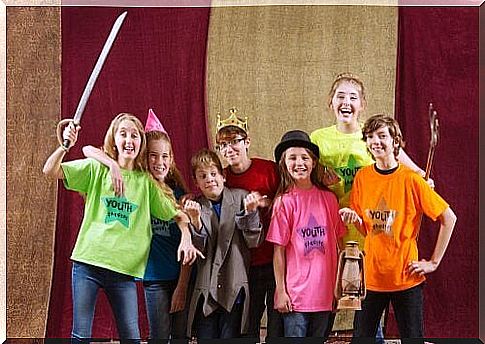
Skills that can be developed through drama in early childhood education
In the children’s classroom, theater is a very valuable tool that can be used in many thematic areas. More specifically, the theater encourages and develops skills such as the beginning of reading and writing. In addition, it supports oral and auditory expression and expands vocabulary. Indeed, it also encourages children to understand and express different points of view, such as drama in the classroom.
With theater in a classroom, children learn to express their emotions in an environment created especially for this purpose. They begin to explore and understand their cultural values and those of their classmates.
It is an activity that encourages them to think and act creatively. The problem-solving skills they learn from this activity can be applied in all areas of learning. Through theater, children are encouraged to take responsibility and make decisions.
Teachers can take a more open approach in their classrooms by focusing on the learning process as well as the goal. Indeed, thanks to theater, children are encouraged to actively learn during all their other years of education. In addition, it is good to remember that structured drama play is a great tool for them.
